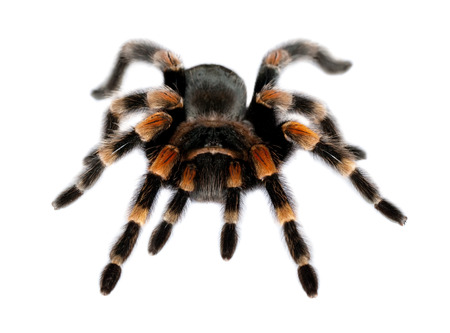Researchers from around the globe have joined together to study an unlikely subject in order to understand the genetics of HCM according to a paper published today in the journal eLIFE.
Dr. Christine Seidman, a cardiologist from Harvard Medical School, Dr. James Ware a geneticist from the MRC London Institute of Medical Sciences at Imperial College London, and Dr. Raúl Padrón, a structural biologist at the Venezuelan Institute for Scientific Research, have joined forces in order to study the tarantula.
The reason for their focus on the tarantula is because the proteins comprising the muscles inside the furry spider are actually very similar to proteins inside the human heart.
By studying the way that the spider proteins interact with one another, the scientists hope that they will gain further insight into whether and how certain genes cause different types of hereditary cardiomyopathy, including hypertrophic and dilated.
I hope that they find the answers soon, before any tarantulas escape from their lab!
EEEEEEEKKKK!

